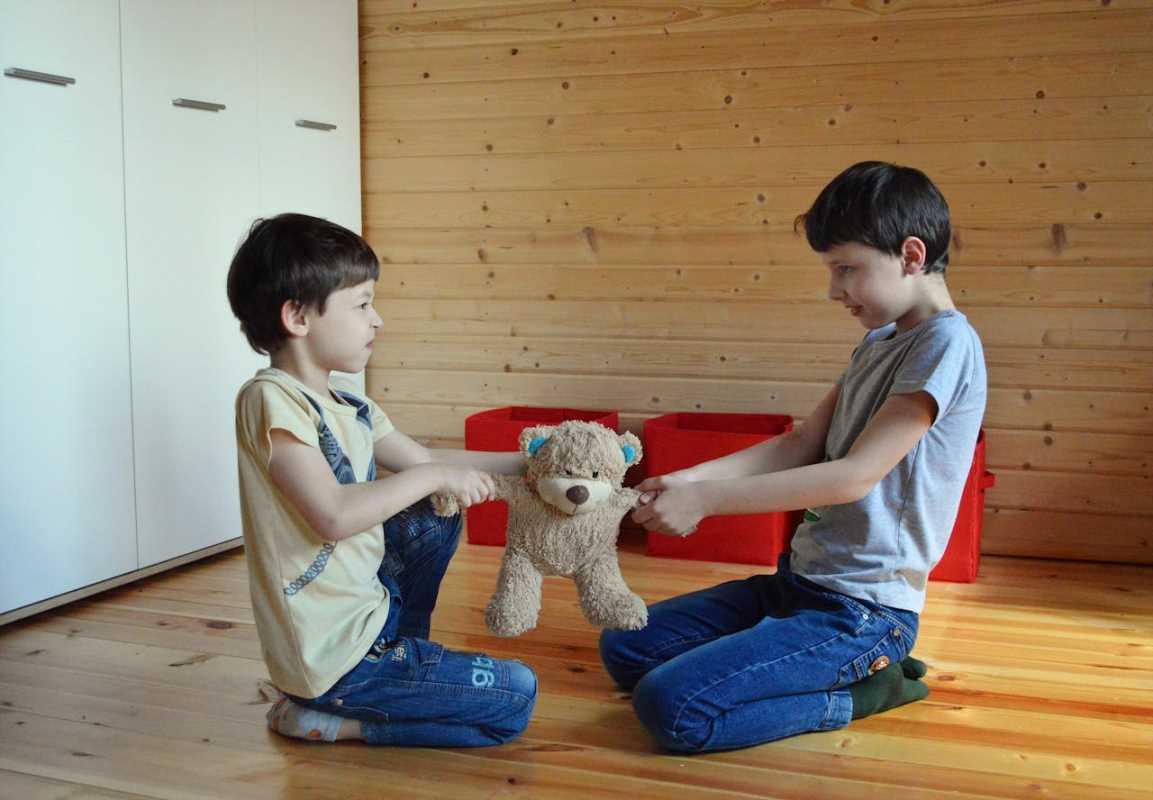A strong and healthy relationship requires understanding, balance, and compromise. However, sometimes unintentional behaviors can place an emotional or mental burden on your partner, potentially causing strain in the relationship. Stress within a relationship can manifest in subtle ways that are easy to overlook. Recognizing these signs is crucial for fostering an environment of mutual support and well-being.
This article will explore specific signs that your actions might be putting too much stress on your partner. We'll discuss why these signals matter and offer practical steps to ease the tension. By identifying and addressing these patterns, you can restore balance and create a healthier, happier partnership.
Communication Is Breaking Down
Clear communication is the backbone of any successful relationship. Persistent misunderstandings or frequent arguments may indicate that your partner feels overwhelmed. Stress can reduce their patience and lead to misinterpretations or emotional responses.
Pay attention to changes in how your partner communicates. Are they becoming more irritable during discussions? Do they seem less open or willing to share their thoughts? These could be signs they’re carrying too much emotional weight.
What to Do:
- Make time for honest and calm conversations. Approach difficult topics with empathy, using statements that express your feelings rather than casting blame. For example, say, “I feel concerned when we argue so often,” instead of, “You never listen to me.”
They Seem Withdrawn or Distant
One of the clearest signals of a stressed partner is emotional withdrawal. A normally affectionate or engaged individual might become distant, spend more time alone, or avoid joint activities.
This detachment often isn’t about disinterest but a protective response. When someone feels overwhelmed, withdrawing can seem like the easiest way to cope with the pressure.
What to Do:
- Show support by creating a safe space for them to express themselves. Reassure them that you’re there to listen without judgment. Sometimes, all they need is to feel understood rather than pressured to fix everything right away.
Physical Symptoms Are Arising
Stress doesn’t just affect emotions; it can take a toll on physical health too. Pay attention if your partner starts experiencing headaches, changes in appetite, trouble sleeping, or recurring illnesses without an obvious cause.
Stress releases hormones that can weaken the immune system and disrupt regular body functions. These physical issues may be a sign that the pressure they’re feeling is more than they can handle.
What to Do:
- Encourage healthier habits as a team. Suggest relaxing activities like going for a walk, practicing yoga, or simply unwinding with a favorite book or show. Offer to join them in these activities to emphasize partnership and shared responsibility.
They Express Feelings of Being Overwhelmed
Sometimes, the clearest indication comes directly from your partner. Statements like, “I feel like I can’t handle everything,” or, “I’m so stressed out,” reflect their inner struggles.
Take these admissions seriously. Dismissing or minimizing their feelings can create resentment and worsen the issue. They may also feel unheard or unsupported if their concerns are brushed aside.
What to Do:
- Validate their emotions by acknowledging what they’re going through. Phrases like “That sounds really tough” or “I understand why you feel that way” can help your partner feel seen. Then, explore ways to reduce their stress together.
They’re Having Less Patience
Irritability or a short temper often comes hand-in-hand with stress. A partner under significant pressure might react more strongly to minor inconveniences or disagreements.
This doesn’t mean they’re intentionally being unkind. High stress makes it harder for people to regulate emotions, leading to moments of frustration. Recognizing that their reactions come from a place of struggle, not malice, can help you respond with compassion.
What to Do:
- Remain calm during tense moments and avoid escalating conflicts. Suggest taking a break if emotions are running high, and revisit the conversation when both of you are feeling more composed.
They’re Juggling Too Many Responsibilities
Sometimes, your partner might not express feelings of stress verbally, but their packed schedule tells the story. Work, family, social obligations, and personal goals can quickly add up, especially if they’re taking on more than they can handle.
Being overloaded can lead to burnout, impacting their mental and physical energy. Your expectations within the relationship can also contribute to their sense of being stretched too thin.
What to Do:
- Help lighten their load by sharing responsibilities when possible. Offer to handle specific tasks or take over something they usually manage, such as running errands or planning social events. Small gestures of support can make a big difference.
Complaints About Feeling Undervalued
Stress might also stem from feeling unappreciated or taken for granted. Your partner may not openly say it, but behaviors like disengagement or reluctance to help might point to deeper feelings of dissatisfaction.
Recognize whether you’ve been unintentionally overlooking their contributions. Lack of acknowledgment can lead to feelings of imbalance in the relationship.
What to Do:
- Express gratitude regularly. Thank them for small acts of love like cooking a meal, running an errand, or even just being there for you. These acknowledgments demonstrate that their efforts don’t go unnoticed.
Why Recognizing These Signs Matters
Ignoring stress signals can harm both your partner and your relationship. Unchecked stress can grow into deeper resentment or lead to emotional and physical exhaustion. The earlier you address these signs, the easier it is to nurture a supportive connection.
Acknowledging your partner’s stress doesn’t mean taking all the blame for it. Relationships involve shared responsibilities, and resolving stress often requires teamwork. Open communication, active listening, and mutual problem-solving lay the foundation for a balanced and fulfilling relationship.
Practical Advice for Easing Relationship Stress
- Set Time for Quality Bonding: Spend uninterrupted time with your partner to strengthen your connection. Even a simple meal together or a shared hobby can help.
- Use “I” Statements: These frame conversations without assigning blame, reducing defensiveness. For instance, “I feel we’ve been distant lately” fosters collaboration.
- Establish Boundaries: Respect each other’s needs for downtime and alone time.
- Encourage Outside Support: If stress persists, consider seeking help from a counselor or therapist who specializes in relationships.
- Revisit Priorities: Work together to reevaluate priorities and eliminate unnecessary stressors.







